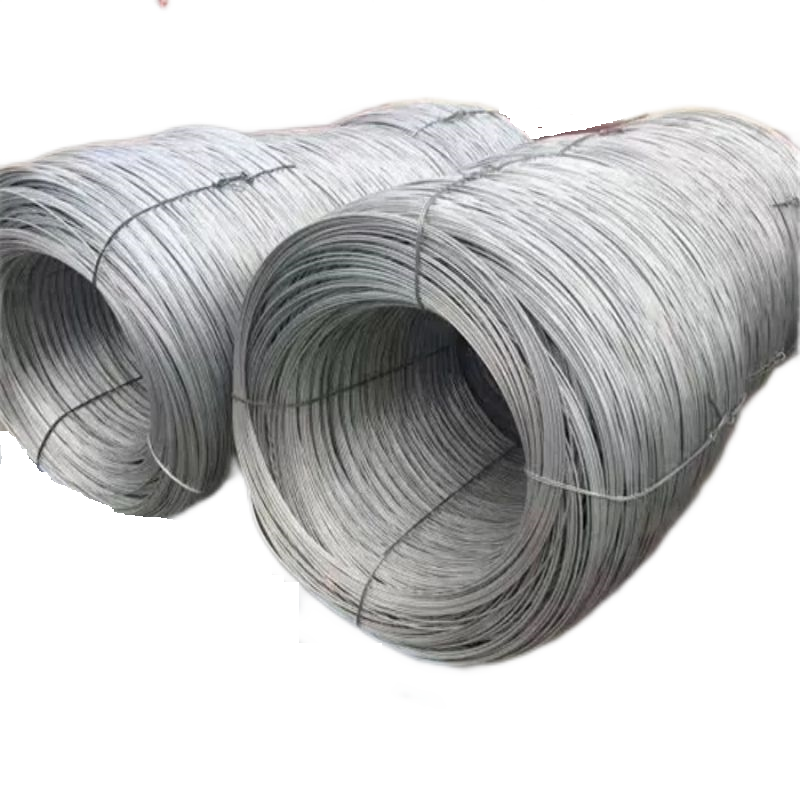
Stainless wire ropes are vital for their strength and corrosion resistance. Blogs offer insights for professionals and DIY enthusiasts on their uses and benefits. Here’s what you can typically expect to find in these blogs:
Two of the most commonly used materials for manufacturing wire ropes are stainless steel and galvanized carbon steel, each offering distinct advantages depending on the application.
When corrosion resistance is a critical factor, stainless steel wire ropes are the go-to choice. While the material comes at a higher cost, its durability and performance often justify the investment. Stainless steel wire ropes are not only highly resistant to corrosion but also incredibly strong, making them suitable for demanding environments. The numerous advantages of stainless steel make it a superior option in many cases, particularly where longevity and reliability are paramount.
Galvanized carbon steel wire ropes, while similar in appearance to stainless steel, differ significantly in their properties. These ropes are coated with a thin layer of zinc to provide added protection against corrosion. However, they do not match the strength or corrosion resistance of stainless steel. Despite these limitations, galvanized carbon steel wire ropes are still a viable option for applications where the environmental conditions are less severe, and budget constraints are a concern.
Choosing the correct wire rope for your specific application is essential. This process requires careful consideration of the rope’s characteristics and the demands of the task at hand. To ensure the rope you select meets the necessary criteria, it should satisfy the following four requirements:
The rope must be capable of withstanding crushing and distortion under normal use. This characteristic is crucial for maintaining the rope’s structural integrity and ensuring safe operation.
The rope should be able to bend without the risk of failure. Flexibility is vital in applications where the rope is subjected to repeated bending or where it must navigate around pulleys and sheaves.
The rope needs to be strong enough to lift maximum loads comfortably. Adequate strength is necessary to prevent breakage and ensure the safety of both the operation and the personnel involved.
The rope must withstand abrasive wear. In many applications, wire ropes are exposed to harsh conditions that can cause surface wear, leading to premature failure. A rope with good abrasion resistance will have a longer service life and perform more reliably.
In conclusion, wire ropes are indispensable components in various industries, and selecting the right one for the job is critical. By understanding the material properties and ensuring the rope meets the necessary requirements, you can maximize performance, safety, and longevity in your operations.
A: We offer 302, 304, 316 stainless steel
A: Contact our team to discuss your requirements.
Pricing & Shipping:
A: We source high-quality materials competitively.
A: FOB, CFR, CIF, door-to-door. We’ll advise on the most economical option.
A: We offer stock and efficient mill deliveries with minimized lead times. We’ll provide an estimated timeframe upon confirming your order.
Stainless wire ropes are vital for their strength and corrosion resistance. Blogs offer insights for professionals and DIY enthusiasts on their uses and benefits. Here’s what you can typically expect to find in these blogs:
Abrasion resistance is necessary if the wire rope will be dragged over rough surfaces. Ropes made of many small wires are not ideal for resisting abrasion as they wear down faster. Instead, opt for ropes with fewer and larger wires to handle abrasive conditions better.